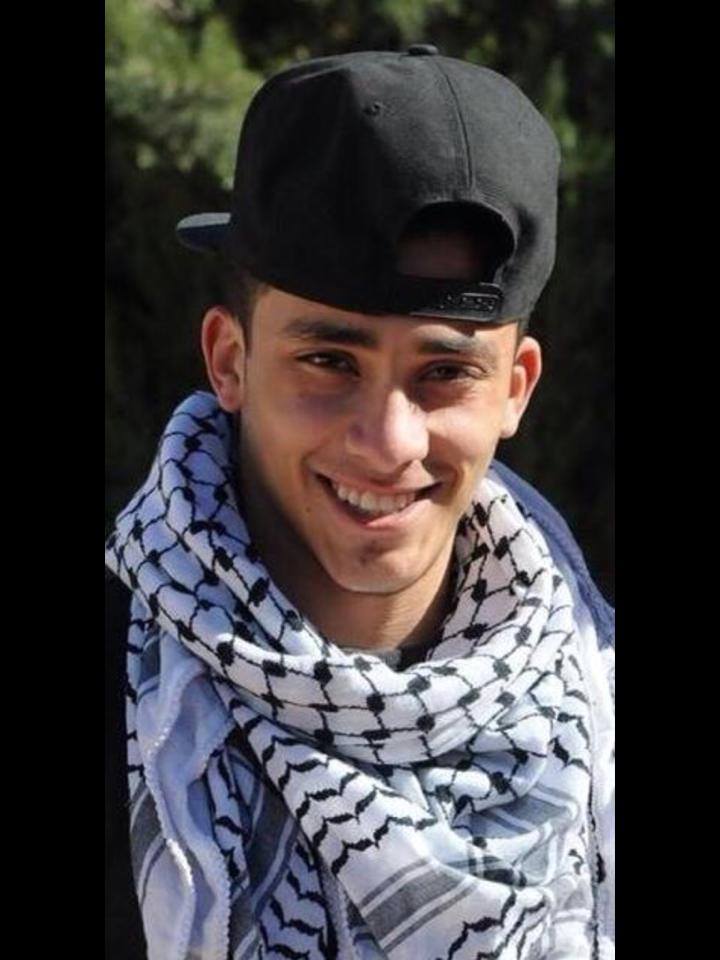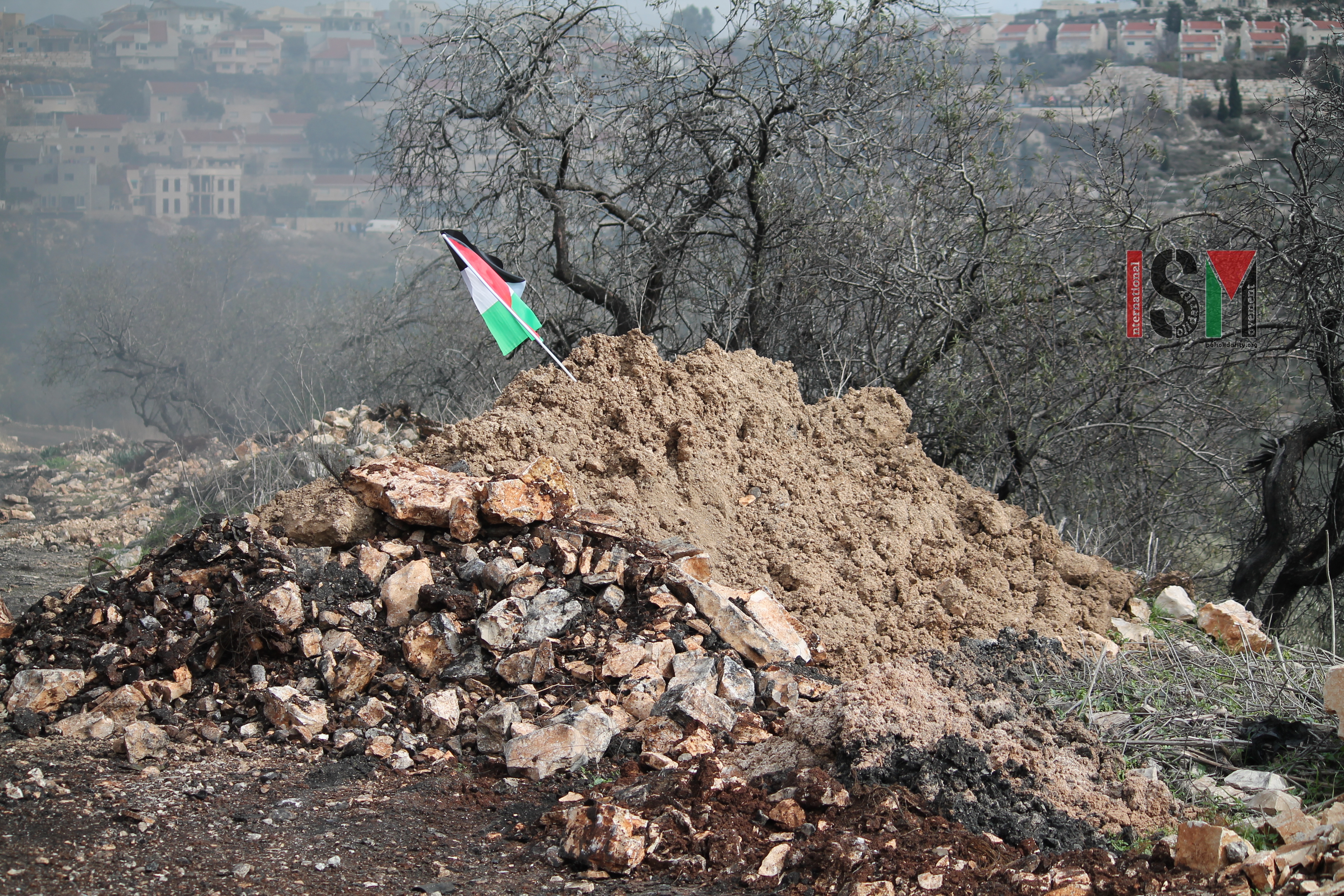Category: Features
-
Justice for Nadeem? Attorney General rumored to drop manslaughter charges against soldier who killed Nadeem Nuwara
17th January 2017 | International Solidarity Movement, al-Khalil Team | Ramallah, Occupied Palestine Palestinian teen, Nadeem Nuwara, was fatally shot in the chest by Israeli forces on Nakba Day, 2014. 17-year-old Nadeem allegedly threw a stone at soldier, Ben Dery, who proceeded to fire live ammunition in return. Israeli Forces killed both Nuwara and another…
-
Demonstrators demand return of martyrs bodies in Bethlehem
15th January 2017 | International Solidarity Movement, al-Khalil team | Bethlehem, occupied Palestine The Prisoners Club held a demonstration and march to the illegal apartheid wall on Sunday afternoon to demand the return of the bodies of martyrs held unjustly by the colonial occupying Zionist State of Israel. The Zionist Israeli forces often take the…
-
Villagers continue to resist settlements in Kafr Qaddum
13th January 2017 | International Solidarity Movement, al-Khalil Team | Kafr Qaddum, Occupied Palestine The Friday demonstration against the illegal wall in Kafr Qaddum was attended by over 100 Palestinians along with numerous pro-Palestinian Israelis and other internationals. Two days prior to the demonstration, the villagers were told if there was the usual demonstration on…



